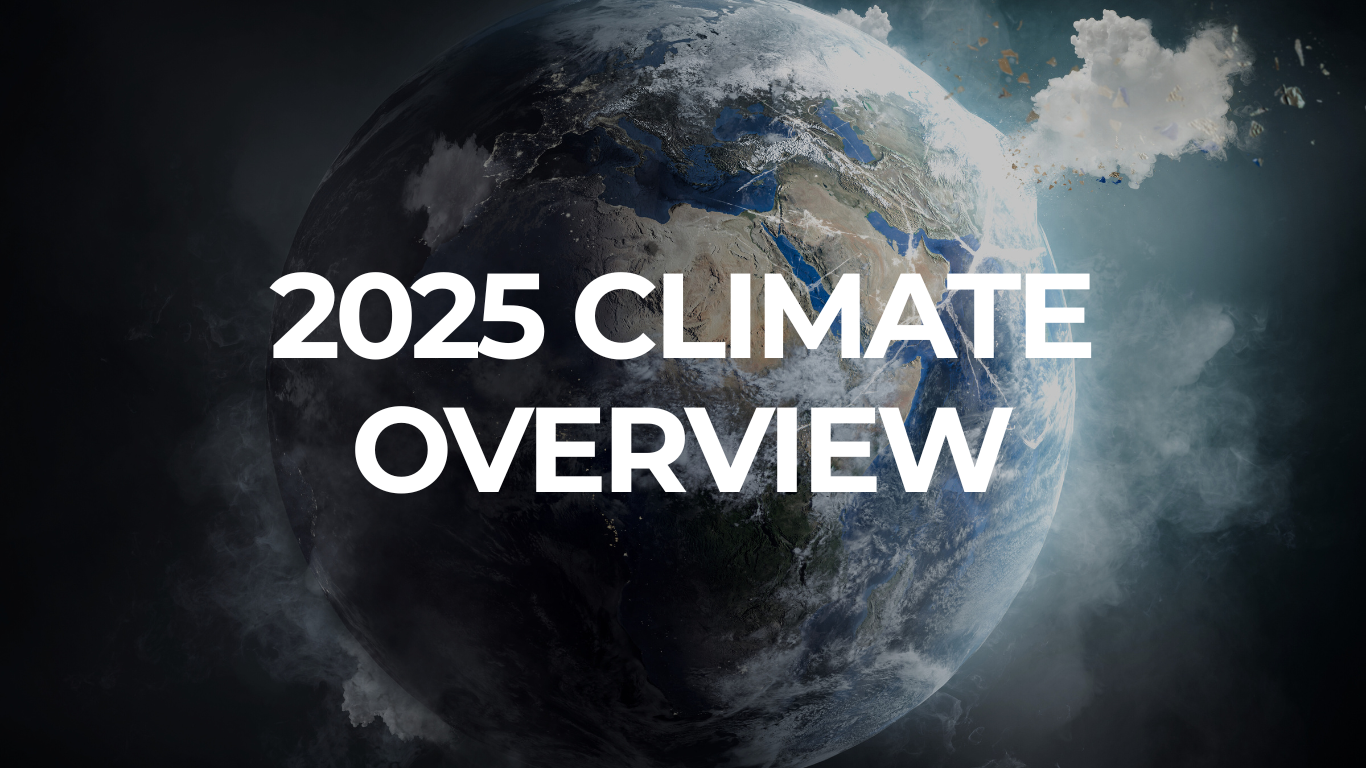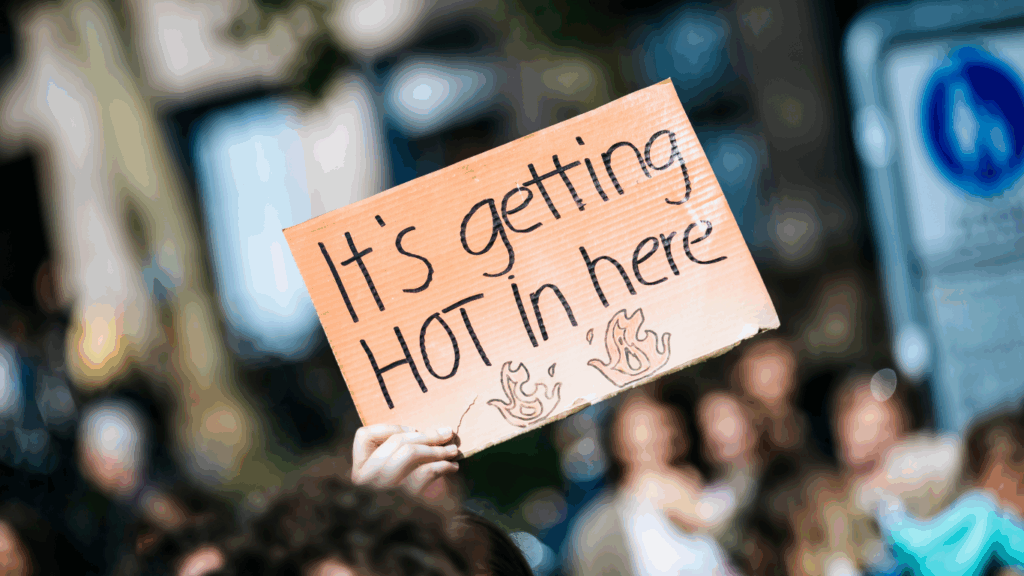A new international scientific report warns that climate change has pushed reefs to a tipping point. Warm-water coral reefs are entering a phase of widespread and potentially irreversible degradation if greenhouse gas emissions are not urgently reduced.
The Global Tipping Points Report 2025, produced by 160 scientists from 87 institutions in 23 countries, has been presented by the University of Exeter and the Potsdam Institute for Climate Impact Research (PIK).
Coral reefs, the first system to exceed its tipping point
According to the report, tropical reefs reach a critical point when the global average temperature rises between 1°C and 1.5°C above pre-industrial levels. Today we are already at around 1.4°C, which means that this limit has been exceeded.
Since 2023, corals have been experiencing the fourth global bleaching event, the most extensive and intense ever recorded, affecting more than 80% of reefs in more than 80 countries. This pushes many systems beyond their natural recovery capacity.
Reefs, which cover nearly 900,000 km² (almost twice the size of Spain) and directly or indirectly benefit 1 billion people, are essential for marine biodiversity, fisheries and coastal protection. Their loss implies ecological, social and economic damage on a large scale, especially in coastal communities in developing countries.
Cascading impacts: ice, the Amazon and ocean currents at risk
The report also warns of other natural systems approaching tipping points, including:
- The ice sheets of West Antarctica and Greenland, which are rapidly losing ice mass, threatening a sea level rise of several metres.
- The Amazon rainforest, where the combination of climate change and deforestation could lead to ecological collapse with global consequences.
- The Atlantic Ocean circulation (AMOC), whose weakening would severely affect weather patterns in Europe and other regions, with very negative consequences for agriculture, among other things.
Each additional tenth of a degree of warming increases the risk of triggering more tipping points and setting off a chain of damage to the Earth system.

Signs of hope: ‘positive tipping points’
The same report highlights that there are also positive tipping points, driven by technological and social changes that can accelerate the transition. These include the rapid deployment of solar and wind energy, the advance of electric mobility, heat pumps for cooling and heating, and improvements in battery storage.
The message is clear: accelerating these processes can make the difference between a future of continued degradation and one where humanity manages to stabilise the climate in time.
Why it matters on the eve of COP30 in Belém
Three weeks before the start of the United Nations Climate Change Conference or COP30 (10-21 November 2025, Belém, Brazil), this report comes as an unavoidable wake-up call. The summit will be held at the gateway to the Amazon, one of the ecosystems that the report considers to be on the brink of collapse, so ambitious decisions should be taken on three fronts:
- Accelerated emission reductions compatible with a maximum warming limit of 1.5 °C.
- Fair and sufficient financing for adaptation, conservation, loss and damage.
- Protection of the oceans and tropical rainforests, which are pillars of global climate balance.
In the words of Professor Tim Lenton (University of Exeter): ‘We are no longer talking about future risks. The first global tipping point is happening now.’
The window for action is closing
The report concludes that the speed of action will be decisive. Drastically reducing emissions and protecting natural ecosystems can still prevent other tipping points, such as massive melting or the collapse of the Amazon, from being triggered.
The challenge now is to turn scientific evidence into real political decisions.
Belém will be the stage where the world must choose between continuing with inertia or driving positive tipping points.
You can read the full report here.





